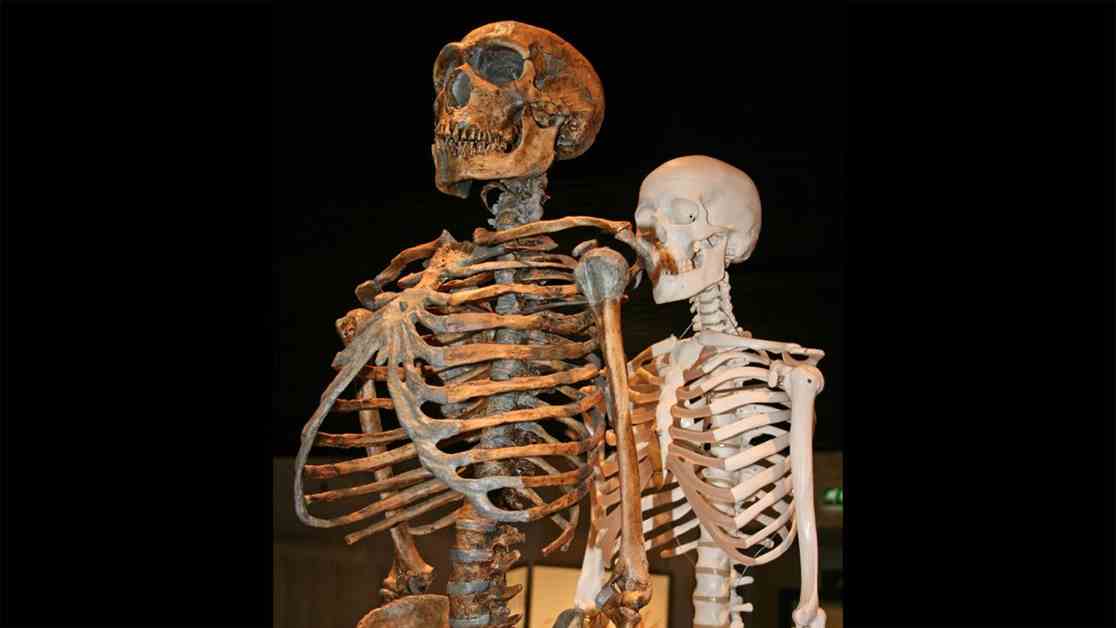Neanderthals and humans interbred 47,000 years ago for nearly 7,000 years, research suggests
New research indicates that Neanderthals and humans interbred approximately 47,000 years ago, continuing for nearly 7,000 years. The study suggests that modern humans outside Africa carry about 1% to 2% of Neanderthal DNA in their genomes, hinting at a period of interbreeding that lasted for thousands of years.
Researchers analyzed over 300 modern human genomes, including samples from individuals who lived between 2,200 and 45,000 years ago. The study, currently under review for publication, aimed to determine when and how Neanderthal DNA integrated into the modern human genome.
The findings suggest a significant interbreeding event approximately 47,000 years ago, lasting for about 6,800 years. This period likely led to the introduction of Neanderthal genes linked to skin color, metabolism, and the immune system in modern humans.
While prior research estimated the interbreeding to have occurred between 50,000 and 60,000 years ago, the new study’s timeline has implications for the dispersal of Homo sapiens outside Africa. The exchange of DNA appears to have been one-sided, with modern human DNA not detected in Neanderthal genomes.
These insights shed light on the complex interactions between Neanderthals and modern humans, providing valuable information about our shared evolutionary history. The study’s detailed analysis of genetic data offers a fascinating glimpse into the interplay between different hominid species thousands of years ago.
